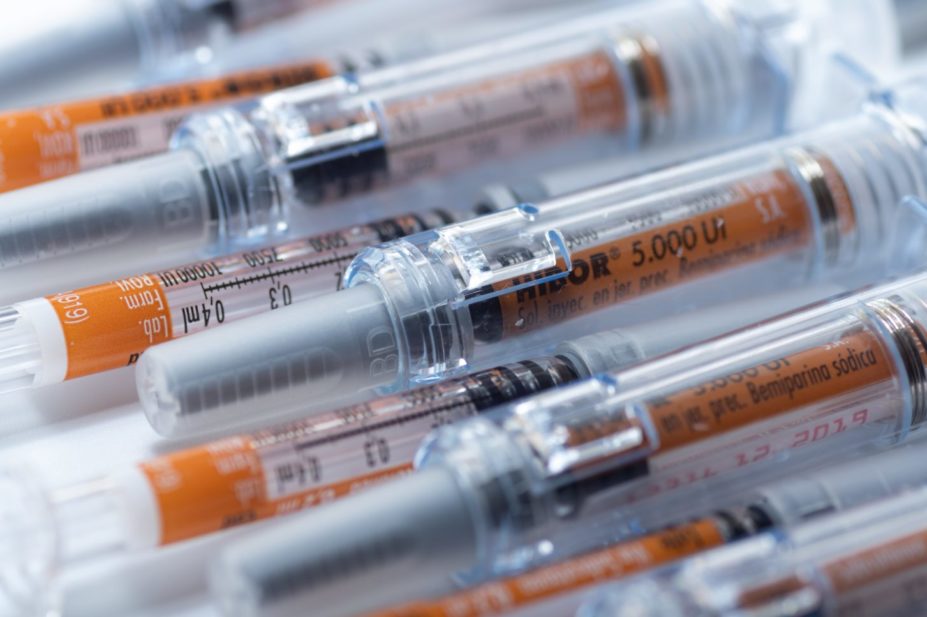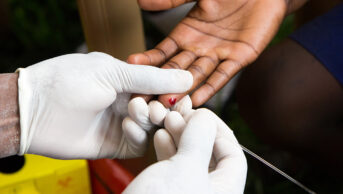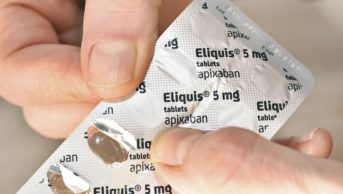
Shutterstock.com
Open access article
The Royal Pharmaceutical Society has made this article free to access in order to help healthcare professionals stay informed about an issue of national importance.
To learn more about coronavirus, please visit: https://www.rpharms.com/coronavirus
Anticoagulation with heparin could increase survival and reduce the need for organ support in patients hospitalised with moderate COVID-19, compared with usual care, results from three trials have shown.
However, anticoagulation therapy did not improve outcomes if started when patients were already critically ill with COVID-19.
The findings from three integrated platform trials — the Randomised, Embedded, Multi-factorial Adaptive Platform Trial for Community-Acquired Pneumonia (REMAP-CAP), Accelerating COVID-19 Therapeutic Interventions and Vaccines-4 (ACTIV-4), and Antithrombotic Therapy to Ameliorate Complications of COVID-19 (ATTACC) — were published in The New England Journal of Medicine on 4 August 2021.
Patients who were hospitalised with COVID-19 and who were not critically ill (defined as not receiving critical care-level organ support at admission), were randomly assigned to regimens of either therapeutic-dose anticoagulation with heparin — most commonly low-molecular-weight heparin — or usual care pharmacologic thromboprophylaxis. The trial was stopped when pre-specified criteria for the superiority of therapeutic dose anticoagulation was met.
The final analysis — which included 2,219 patients with moderate disease across 121 sites in 9 countries, including the UK — suggested that the probability that anticoagulation with heparin increased the number of organ support-free days, as compared with usual care, was 98.6% (adjusted odds ratio, 1.27; 95% credible interval, 1.03 to 1.58).
Major bleeding occurred in 1.9% of the patients receiving anticoagulation, compared with 0.9% receiving usual care.
On the basis of these findings, the authors calculated that, for every 1,000 hospitalised patients with moderate disease, an initial strategy of therapeutic-dose anticoagulation, as compared with usual-care thromboprophylaxis, would be anticipated to result in the survival of 40 additional patients until hospital discharge without organ support, at the expense of 7 additional major bleeding events.
In contrast, a parallel analysis from the same trial showed that anticoagulation was not beneficial in critically ill patients.
“This new evidence from less severely ill patients, when combined with the results in critically ill patients, demonstrates the importance of evaluating treatments in randomised clinical trials,” said Anthony Gordon, professor of critical care at Imperial College London and UK chief investigator for REMAP-CAP.
“This is the only way to learn what are the right treatments but also ensure we treat the right patients at the right time,” he added.
READ MORE: Everything you need to know about the COVID-19 therapy trials
You may also be interested in

Pharmacists made 150,000 patient interventions during anticoagulant safety audits, report finds

Some patients switched to edoxaban without being properly informed, pharmacists say
